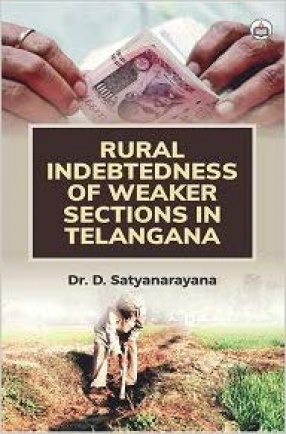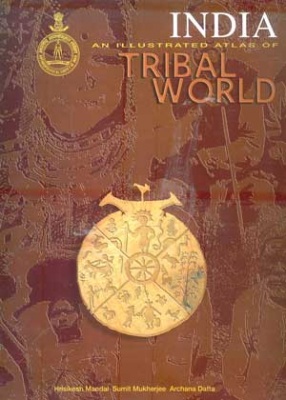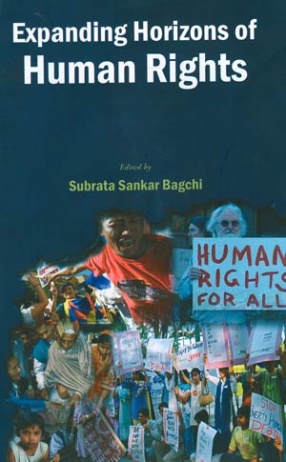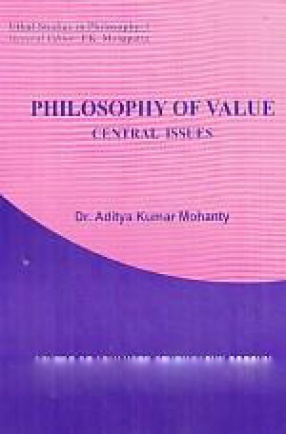Rural Indebtedness of Weaker Sections in Telangana
The book provides a clear understanding the problems of weaker sections and their rural indebtedness in Telangana. It is focused on the socio-economic conditions of the weaker sections and explored the utilization of credit and implications of rural indebtedness among weaker sections in Telangana. In this regard, this research study “Rural Indebtedness and its Implications” analyses the chronic melody that has been affecting the very vitals of the rural community, especially, the farming community. The weaker sections SC, ST and BC farmers suffer more as their land holdings are marginal and small. Non-farm employment opportunities and income generation activities are meager in the rural setup. Expansion of institutional agencies of credit has been spectacular both in volume and diffusion. But these sections hover around the non-institutional sources, particularly, money lenders for their credit needs unmindful of the consequences weaker sections of the rural areas comprising marginal and small farmers, artisans and land less laborers groan under the growing burden of the debt. These sections are highly inaccessible to the institutional credit in view of their poverty, near zero level asset base, ignorance and illiteracy. But these vulnerable sections have to invest more on production, marketing and consumption in the light of the rising inflation amidst the changes in and around the economy under the thrust of globalization and the resultant techno changes. Consumption patterns, basket of goods, investment costs and inputs, nature and cost of child education, health expenditure and of every item of personal, social and economic life of the rural societies has under gone radical change and overall expenditure have shown upward movements. Incomes from agricultural produce are uncertain as the produce and the market prices are always uncertain. These sections are driven by compulsion to depend on the money lenders and private financial agencies, MFIs and middle men. They bear the brunt of the debt burden and remain helpless in the debt trap, live in the debt trap and leave the families in the slush of debt. Implications of indebtedness and stories of misery are untold in different parts of the country. Suicide attempts, suicides, social unrest, health problems, crop holidays are all on the increase and demanding the attention of the policy makers, academicians, civil society organizations.
Get it now and save 10%
BECOME A MEMBER







Bibliographic information